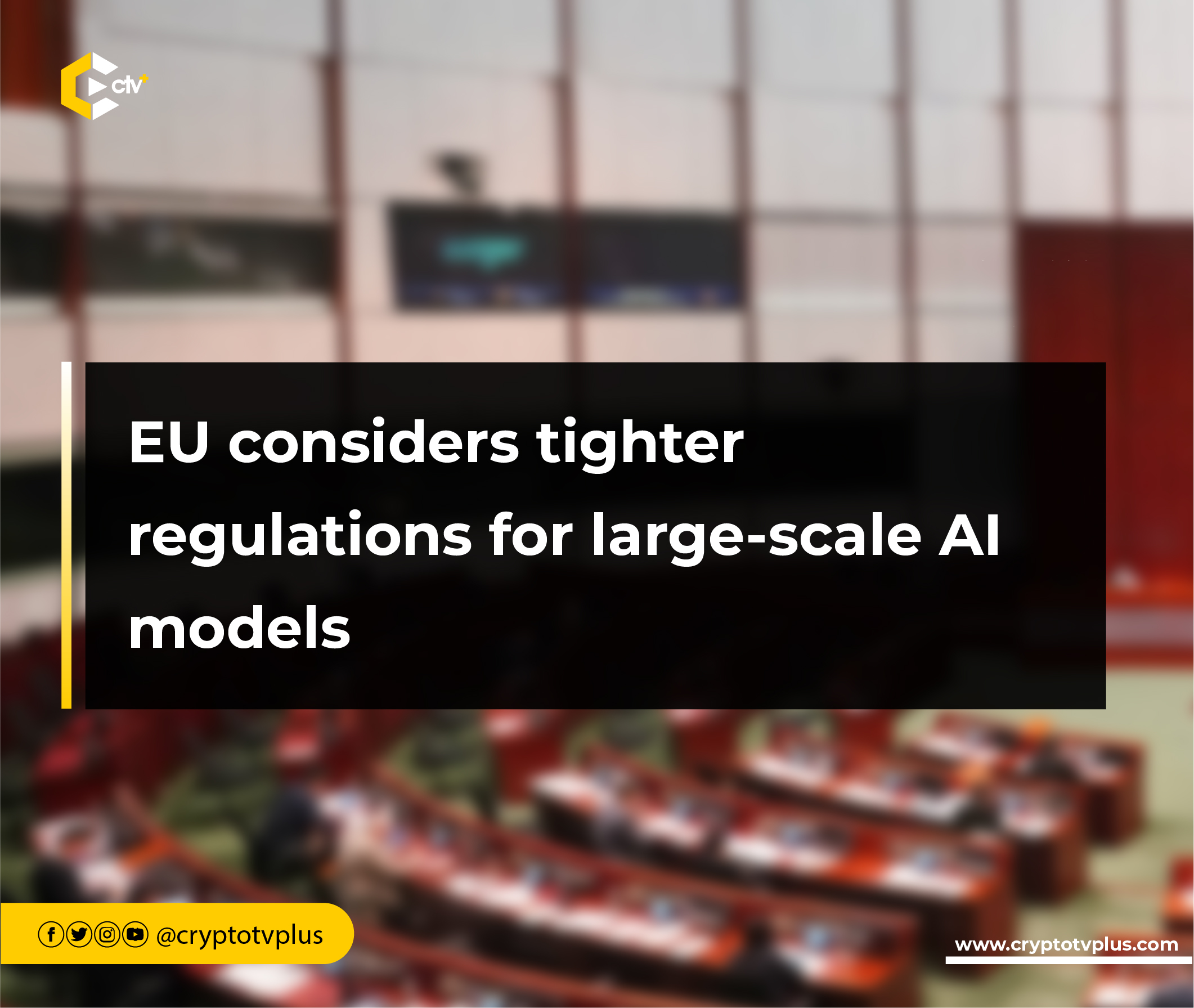News
EU considers tighter regulations for large-scale AI models

According to a Bloomberg report, representatives in the European Union are reportedly planning a negotiation for additional restrictions on the largest artificial intelligence (AI) systems, like OpenAI’s GPT-4, as a component of the forthcoming AI Act.
In the same report, Bloomberg mentioned sources close to the matter said the goal is keeping larger models in check and, at the same time not overburdening new startups with too many regulations.
According to the sources, the agreement on the topic is still in the preliminary stages with the negotiators.
Discussions are currently going on with the European Commission, European Parliament, and the various EU member states concerning the potential effects of large language models (LLMs), including Meta’s Llama 2 and OpenAI’s GPT-4. Also, possible additional restrictions are to be imposed on them as a part of the forthcoming AI Act.
The approach to regulating large language models (LLMs) under the AI Act could be similar to the one taken by the EU’s Digital Services Act (DSA).
The EU lawmakers recently implemented the Digital Services Act (DSA), making it possible for platforms and websites to have standards to protect user data and scan for illegal activities. However, the largest online platforms are subject to stricter rules and oversight under the DSA.
Companies like Alphabet Inc. and Meta Inc. under this category had until Aug. 28 to comply with the new EU standards, by updating their service practices.
The EU’s AI Act is set to be the first set of mandatory rules for AI from a Western government, following China’s adoption of its regulations in August 2023. Companies developing and deploying AI systems would need to follow the new EU’s AI regulations, by performing risk assessments and labeling AI-generated content. They are also completely banned from the use of biometric surveillance among other things.
However, there are still possibilities of member states disagreeing with any of the proposals set forth by parliament, as the legislation has not been enacted yet.
Since the implementation of AI laws in China, it has been reported that more than 70 new AI models have already been released.
Read also: Vitalik offers solution against centralization risks of Ethereum’s staking model
























